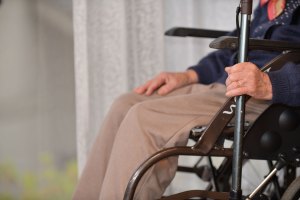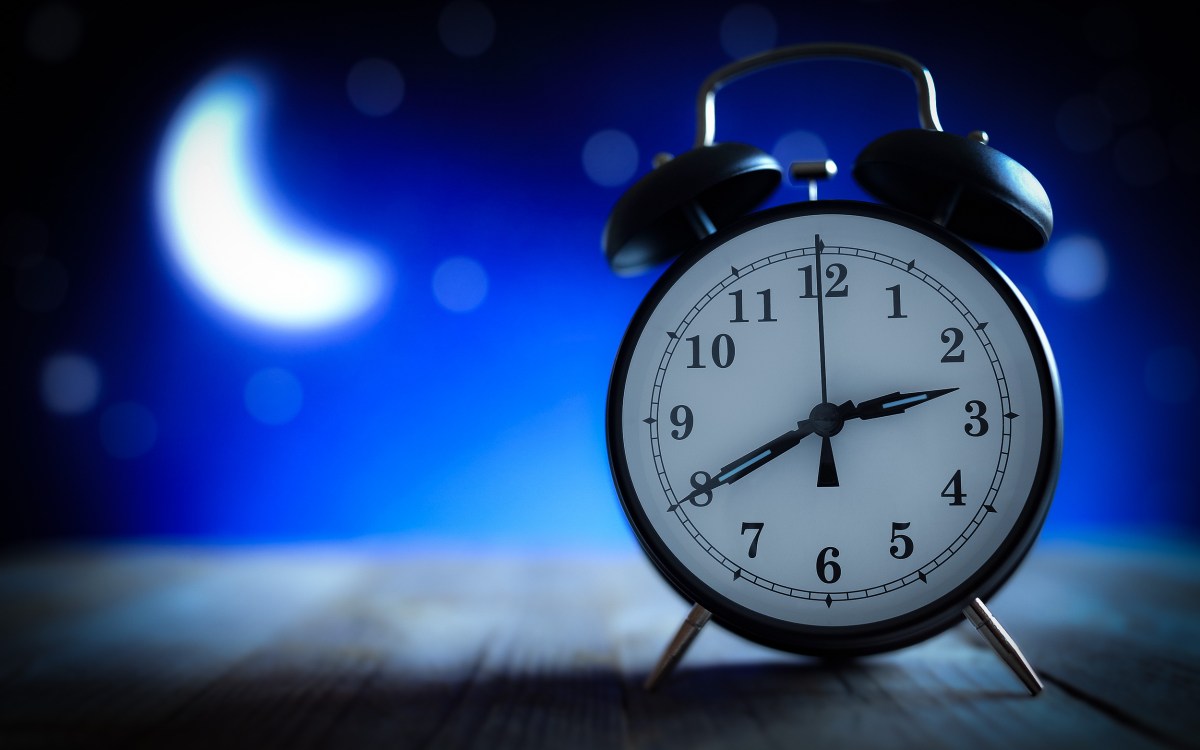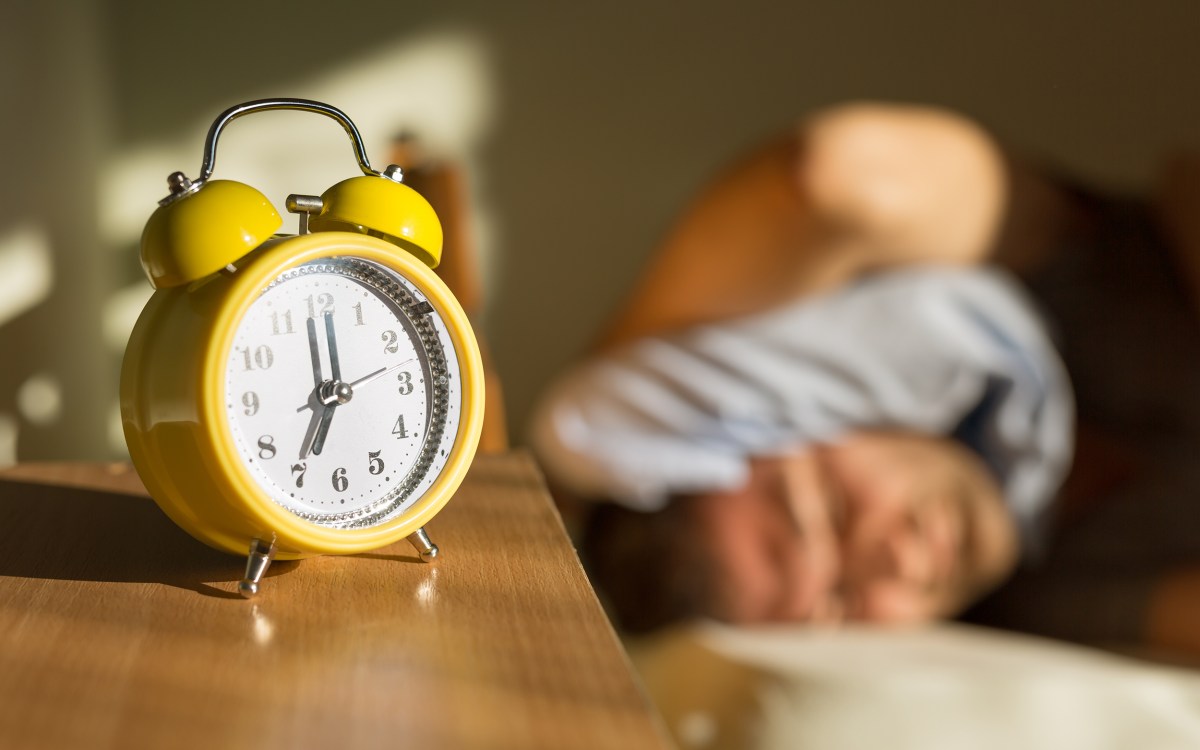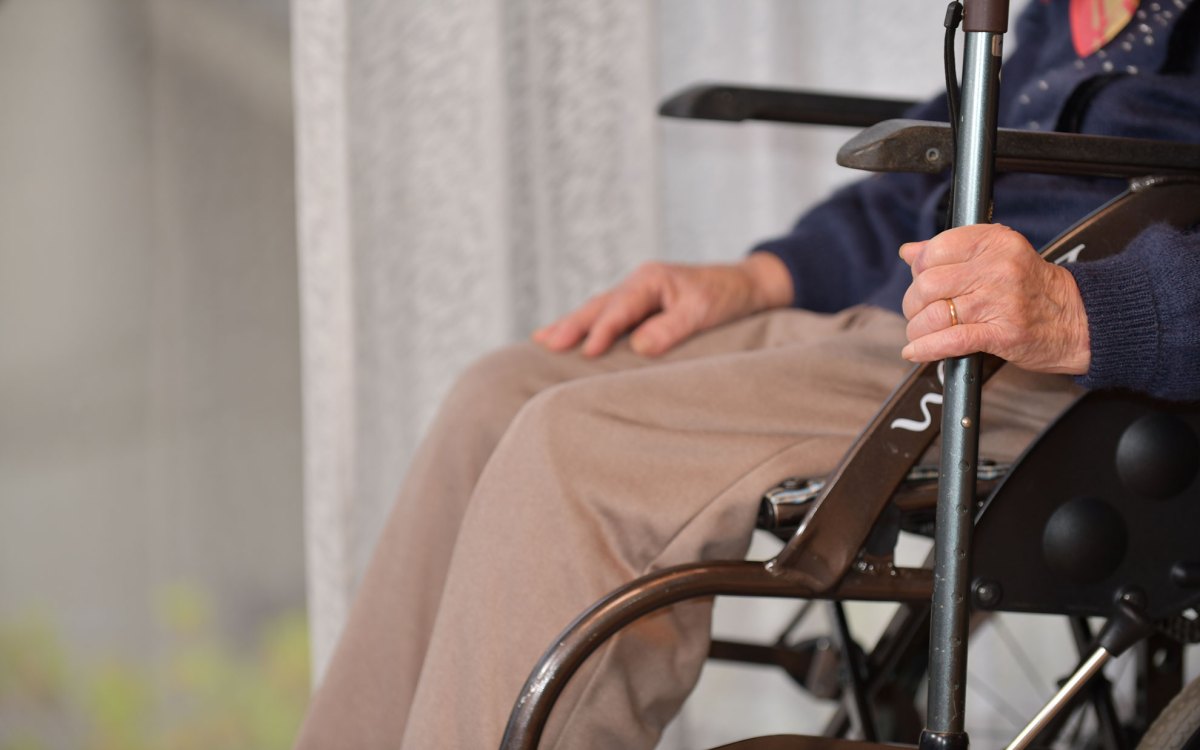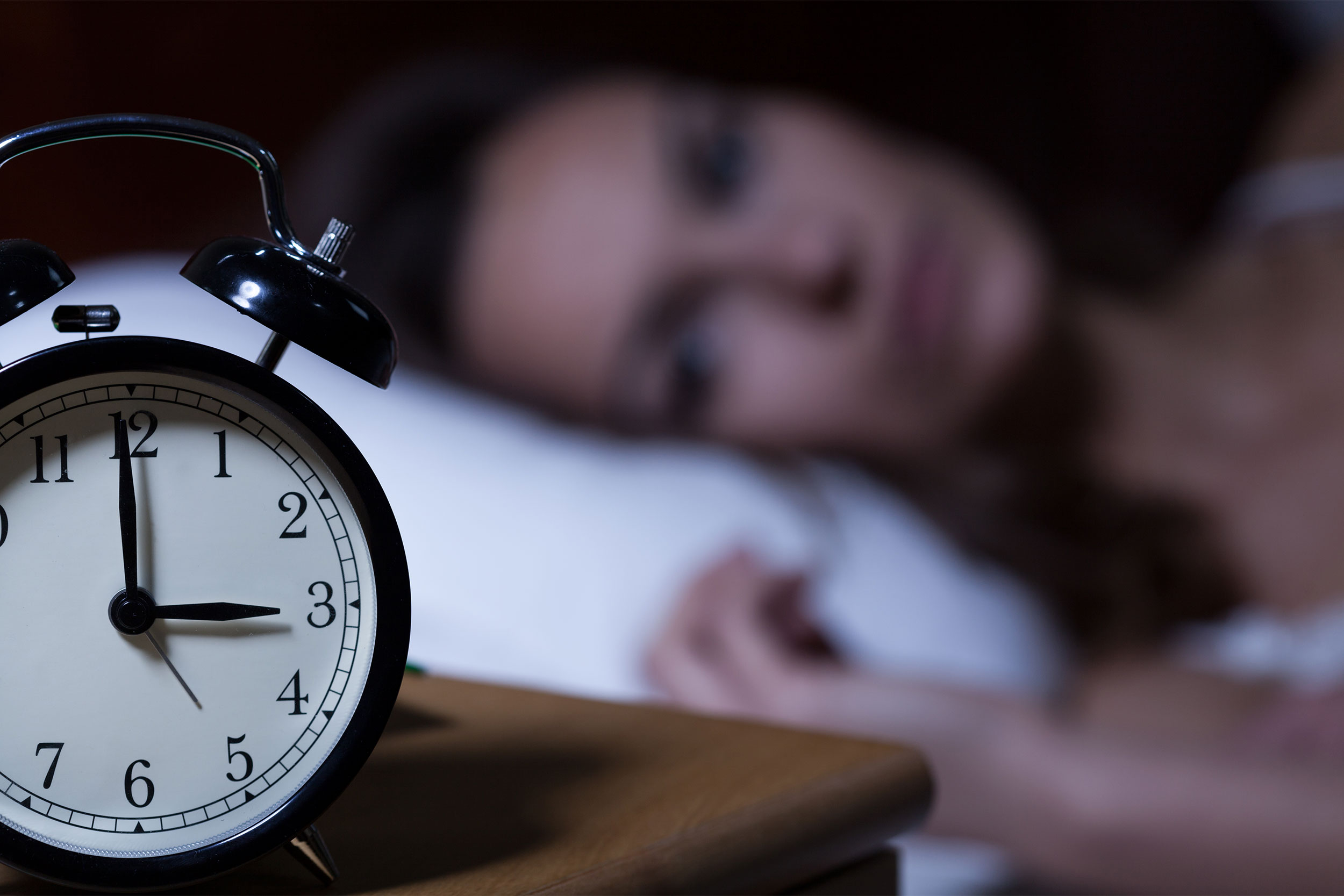
Less rest, more stress for the weary
As women’s sleep goes down, their blood pressure goes up, study finds
Women who sleep less than seven to eight hours at night are at greater risk of developing hypertension, or high blood pressure, finds a new study by the Channing Division of Network Medicine at Brigham and Women’s Hospital. Results are published in the journal Hypertension.
From 2001-2017, researchers followed 66,122 participants between 25 and 42 years of age in the Nurses’ Health Study II (NHS2) cohort, all without hypertension at the study’s onset. Shahab Haghayegh, a research fellow at the Brigham and Harvard Medical School, and his colleagues collected information on participants’ age, race, body mass index (BMI), diet, lifestyle, physical activity, history of sleep apnea, and family history of hypertension and assessed the incidence of hypertension among the group every two years.
“This study highlights yet another reason why getting a good night’s sleep is so important.”
Shahab Haghayegh, BWH and Harvard Medical School
Data analyses revealed that women with sleeping difficulties had higher BMIs, lower physical activity, and poorer diets, on average. Researchers also found that those who struggled with sleep were likelier to smoke and drink alcohol and have previously gone through menopause.
Among the 25,987 cases of hypertension documented over the follow-up, women who slept less than seven to eight hours a night had a significantly higher risk of developing hypertension, according to the data collected. Similarly, women who had trouble falling asleep and staying asleep were also likelier to develop hypertension. Waking up early in the morning was not associated with this increased risk. Notably, these associations, remained significant after controlling for participant shift work schedules (night versus day shifts) and chronotype (the tendency to keep early bird or night owl hours).
While the exact nature of the relationship between sleep and risk of hypertension is unknown, Haghayegh said that sleep difficulties can lead to a chain of events that can increase sodium retention, arterial stiffness, and cardiac output, potentially leading to hypertension. Disruptions to the sleep/wake cycle can also influence blood vessel constriction/relaxation and the function of cells that regulate the vascular tone.
While this study only looked at the association between sleep and hypertension in women, researchers hope to expand their work to include men and nonbinary participants.
A second limitation is that researchers could only collect data on sleep quality at select time points throughout the study. Some of the study’s strengths include the larger number of participants and length of follow-up duration.
Haghayegh emphasizes that these findings do not indicate causality. He wants to understand why this association exists and how treating one condition may also treat the other. In future clinical studies, he aims to investigate whether sleep medications could have a beneficial effect on blood pressure.
“I hope these findings further underscore the crucial role of quality sleep in our overall well-being. The American Academy of Sleep Medicine recommends sleeping seven or more hours a night, and if you cannot fall or stay asleep, it might be worth exploring why that is,” said Haghayegh. “This study highlights yet another reason why getting a good night’s sleep is so important.”
Co-authors on the paper include Susanne Strohmaier, Rikuta Hamaya, A. Heather Eliassen, Walter C. Willet, and Eric B. Rimm. The senior author of the paper is Eva Schernhammer of the Channing Division of Network Medicine.
This study was supported by the National Institutes of Health (grant numbers UM1CA186107, U01 CA176726, P01CA87969, U01 HL145386, P30 ES000002, R01 CA163451, and R01 HD101101) and by funding from the European Research Council under the European Union’s Horizon 2020 research and innovation program (grant agreement numbers 101053225).

